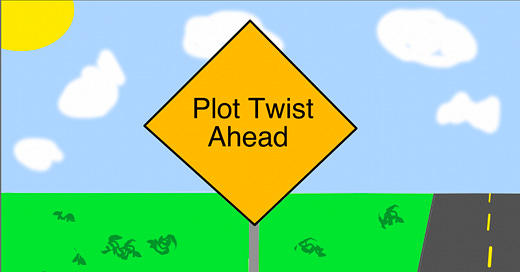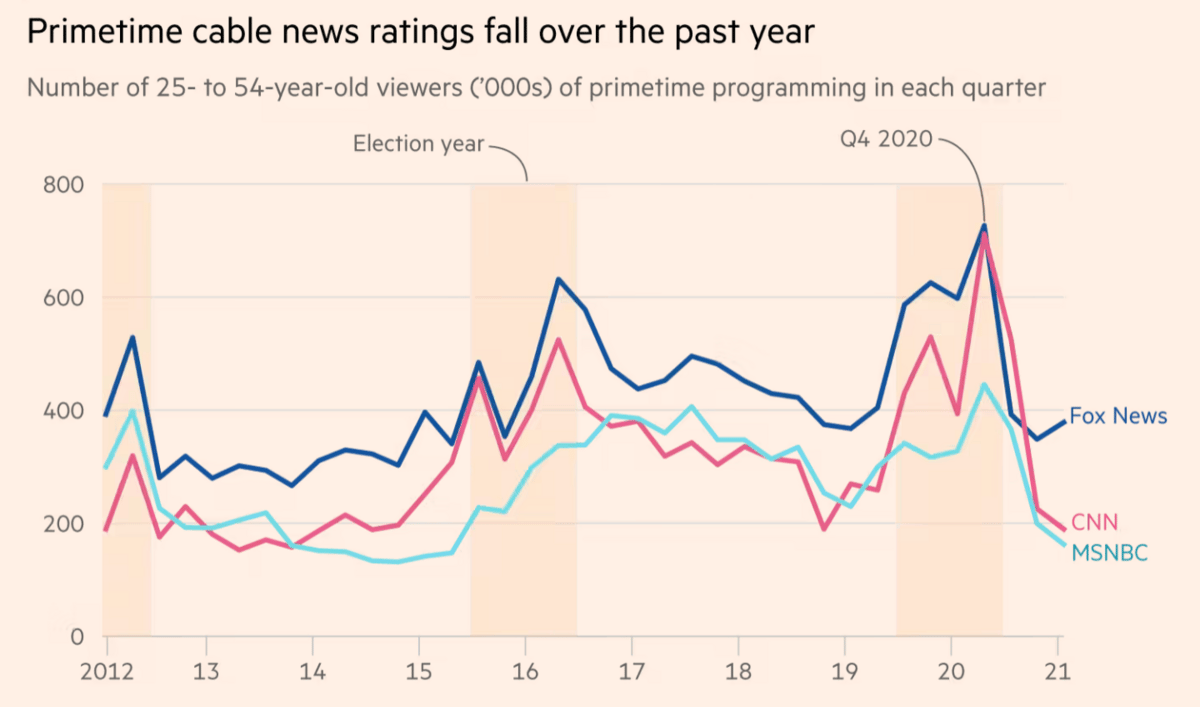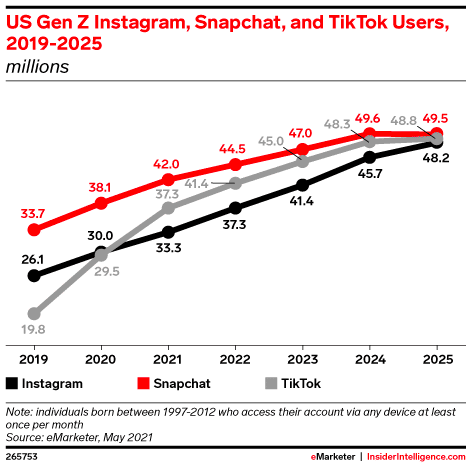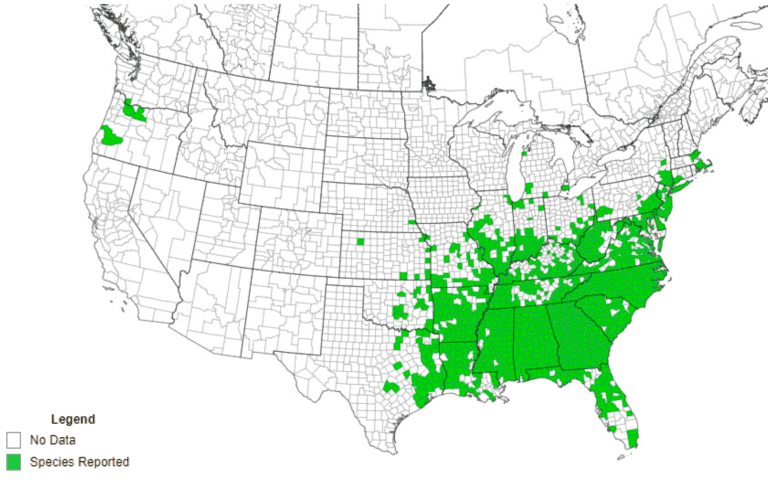Welcome to Young Money! If you’re new here, you can join the tens of thousands of subscribers receiving my essays each week by adding your email below.
The Memes of Production
Last February, a TMZ video of Elon Musk talking about "Doge Coin" went viral.
Elon Musk Says Dogecoin Could Be the Future of Cryptocurrency | TMZ
While talking to fans about his beloved Shiba Inu-based cryptocurrency, Elon Musk gave us this gem of a quote:
"I think there's an argument that fate loves irony... the most entertaining outcome often becomes the most likely one. What would be the most ironic outcome?"
At the time, Musk was referring to the fact that Doge Coin, a joke cryptocurrency that was literally created to make fun of cryptocurrencies, had become one of the most valuable cryptocurrencies in the world.
"Fate loves irony" is an all-time quote, and this video has since been viewed millions of times. However, this wasn't the first time that Musk said those words. In fact, he has tweeted that phrase 14 times going back to January of 2012.
In 2012, Musk tweeted a link to an article about an Assistant DA from Boston attempting to subpoena Twitter for information about an anonymous user. Elon warned that liberty was being threatened by this overreach for personal information from a government official.
A decade later, this same Elon Musk acquired Twitter itself in the name of preserving free speech. Fate certainly has a sense of irony.
Adam Smith used the term "the invisible hand" to explain how unseen forces move the free market economy. Through individual self-interest and freedom of production and consumption, the best interests of society, as a whole, are fulfilled.
However, our world is driven by more than the free market's invisible hand. Fate has an invisible hand of its own, operating like a puppet master constantly pulling the strings of reality.
As Musk says, "Fate loves irony." Here are a few examples.
An Exhibit of Irony and Fate
In March 2020, a virus-induced pandemic brought global travel to a screeching halt for almost two years. Many people were holed up in their homes for months on end, white collar jobs went virtual indefinitely, and the world stopped spinning. Yet two years later, a new trend has appeared. These remote work tools that emerged as a necessity during lockdowns have now empowered workers to uproot, relocate, and live nomadic lifestyles more than ever before.
The great relocation never would have happened without a pandemic first bringing travel to a screeching halt.
Donald Trump and CNN beefed during his presidency, and the news organization regularly claimed that Trump wasn't fit for office. Yet once Biden was elected as president, CNN's rating took a nose dive.
While CNN took an anti-Trump stance, the former president was crucial for CNN's ratings. Conflict sells, and the absence of conflict led to the disappearance of viewers.
Do you think CNN's viewership would be higher or lower if Trump had won?
The US government has taken a strong anti-monopoly stance against big tech companies, namely Facebook. CEO Mark Zuckerberg is regularly called to testify in front of Congress, and the company has been walking on egg shells for years when dealing with our DC representatives. While the government was worried about domestic tech companies like Facebook growing too large, a Chinese social media company called TikTok quietly overtook Instagram as one of the largest platforms in the US.
Efforts to prevent a potential monopoly issue with Facebook have created a very real security risk with China.
The biggest deterrent of nuclear war in the modern era is the vast number of nuclear weapons present around the world today. If one country has nukes, they may feel inclined to use them during conflict. When nine countries have nukes, they keep each other in check. The threat of nuclear war declines as the number of countries with nuclear warheads increases.
Our most dangerous weapon is our greatest catalyst for peace.
Kudzu is a vine native to Asia that can grow up to one foot per day in the summer. In the 1930s, The Soil Erosion Service was charged to reduce soil erosion caused by poor farming practices in the South. About 85 million kudzu plants were given to southern landowners for land revitalization and to reduce soil erosion and add nitrogen to the soil.
Ironically, kudzu became a problem of its own.
The absence of disease and insect predators in the US led to kudzu quickly growing out of control, and the vine was reclassified as a weed by the Department of Agriculture. Kudzu has grown largely uncontested in the Southeastern United States, crowding out other native plants along the way.
Spread of kudzu across the US
Bill Gates, one of the world's leading climate change activists, has a $500M short position on Tesla, the company leading the charge against climate change.
Crypto and "Web3" enthusiasts advocate for decentralization, saying we need new social platforms that aren't owned and controlled by individual corporations. Ironically, the internet's oldest communication network has been decentralized all along. Email has a million different service providers with no central platform.
Christopher Columbus believed that he could reach Asia by sailing westward from Europe, because he drastically underestimated the size of the planet. The actual dimensions of the planet were already common knowledge, and most Europeans thought that he was embarking on a fool's errand.
They were right, he didn't stand a chance of reaching Asia by sailing west. Luckily, he stumbled upon the Americas.
In theory, winning the lottery is a one-way ticket to escape from poverty and distress and achieve stability and happiness. Yet lottery winners are more likely than average Americans to declare bankruptcy within three to five years of winning, and many "winners" struggle with depression, divorce, and suicide in the aftermath.
A pandemic caused the fastest market decline in history, which prompted the most aggressive Federal Reserve action in history, which led to the fastest recovery to all-time highs in history.
Do you think the market would have been higher without the pandemic?
GameStop and AMC were on life support in 2019, and Covid-19 should have been the nail in the coffin as in-person activities came to a standstill. However, these pandemic lockdowns led to an influx of new money entering the stock market, as millions of retail traders grew bored of working from home. Social media forums populated by these new traders pumped GameStop and AMC so much that the companies were able to raise billions in new equity, effectively saving their businesses.
Covid benefactors such as Netflix, Zoom, Peloton, and Shopify are all trading below their February 2020 valuations. This is despite each company materially benefiting from Covid, and all of them now generate exponentially higher revenues than they did in 2019.
I could go on and on with examples from financial markets and history, but you get the idea. As humans, we love to make forecasts and extrapolate results. But future outcomes are often affected by variables that have not yet emerged and individuals' decisions that can't be predicted.
To quote Morgan Housel's most recent piece:
The Economist – a magazine I admire – publishes a forecast of the year ahead each January. Its January 2020 issue does not mention a single word about Covid. Its January 2022 issue does not mention a single word about Russia invading Ukraine. That’s not a criticism – both events were impossible to know when the magazines were likely planned in November and written in December each year. But that’s the point: The biggest news, the biggest risks, the most consequential events, are always what you don’t see coming.
Morgan Housel
Irony can't be predicted, it can only be observed in hindsight. It is a series of steps connecting two seemingly unrelated points over time. Irony is only visible after the fact, when we sit back and think, "Would you look at that?"
In 2018, Elon Musk tweeted that he had secured funding to take Tesla private at $420, creating the most expensive marijuana joke in history after he received a $20M fine from the SEC.
Four years later, he secured funding to buy Twitter itself. Can you think of a more ironic outcome?
Well-meaning actions can have disastrous results, small decisions can permanently alter our lives, stupid ideas can make us rich, and great ideas can leave us destitute. That's just the nature of irony.
When you think you have it all figured out, remember that the range of possible outcomes is wider than you can possibly imagine. Life is full of ironic plot twists, isn't it Mr. Musk?
- Jack
Bonus: I'm on a flight to Vegas right now. reply to this email with what color (red or black) that I should throw $100 on in roulette. Will gamble on the winner and provide an update Monday.
I appreciate reader feedback, so if you enjoyed today’s piece, let me know with a like or comment at the bottom of this page!
Young Money is now an ad-free, reader-supported publication. This structure has created a better experience for both the reader and the writer, and it allows me to focus on producing good work instead of managing ad placements. In addition to helping support my newsletter, paid subscribers get access to additional content, including Q&As, book reviews, and more. If you’re a long-time reader who would like to further support Young Money, you can do so by clicking below. Thanks!









